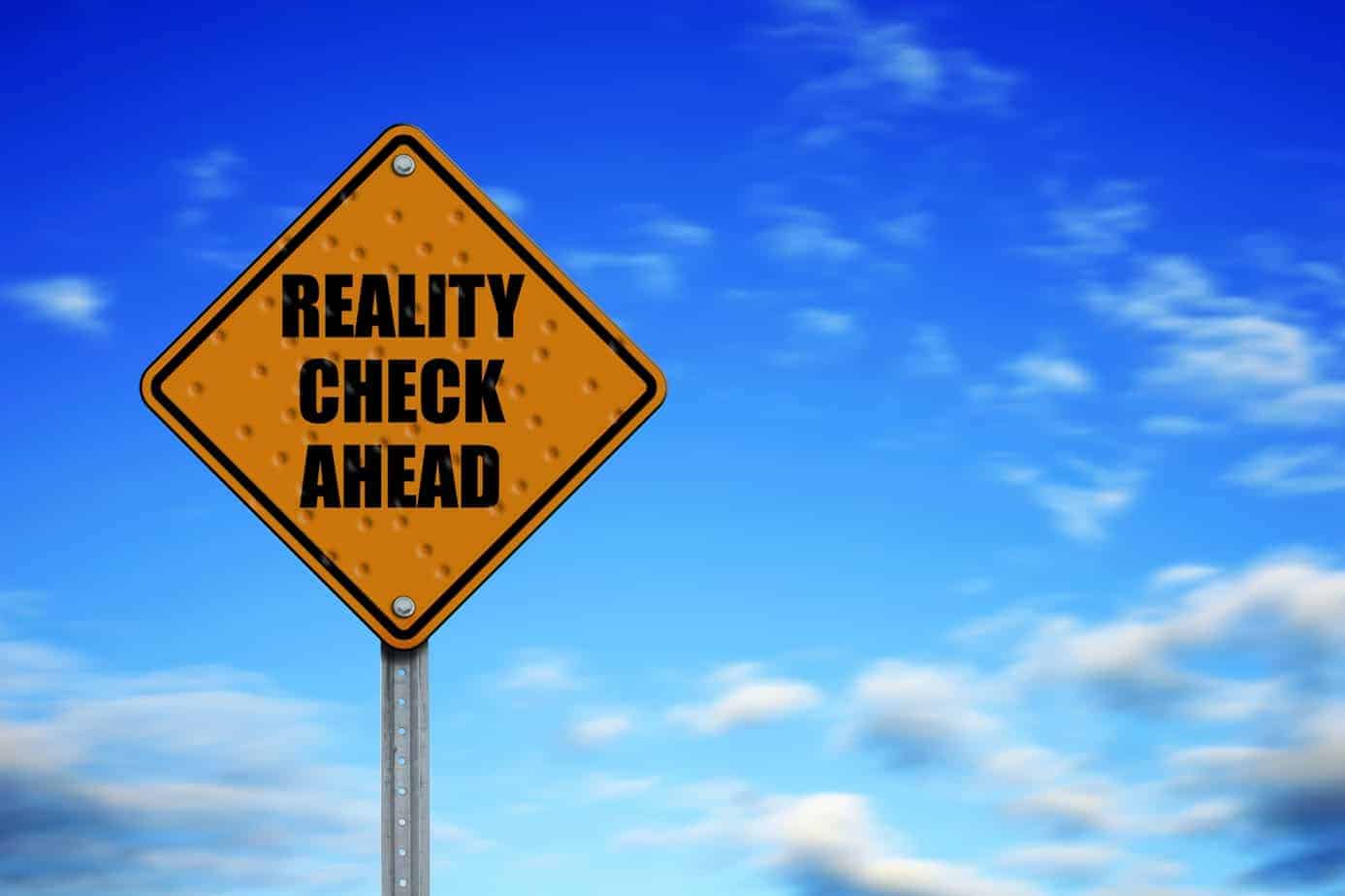Truth is complex.
I was reminded of this after reading three things in rapid succession. The first of those things was an article called "This is What Theology Looks Like," a missive from the Justice Unbound web-journal. It was about Ferguson, and clergy responses thereunto.
The description of the events in Ferguson within that article stirred me to go deeper, and to read two documents that I'd meant to study. The first was the report from the Department of Justice on the racial dynamics of Ferguson, with particular attention paid to the actions and attitudes of the Ferguson police department.
It's a striking, careful, and thoughtful document, one that systematically exposes the explicit and implicit racism of Ferguson law enforcement. The black community in Ferguson had ample reason not to trust the local police, and the repeated systemic overreactions and overreach were amply documented. The simple truth, provable to an objective observer: Racism had subverted the system of justice in Ferguson.
In that, the witness of local clergy and their external allies was clearly both relevant and needed.
But there was another document, one that was equally relevant: the Department of Justice report on the shooting of Michael Brown. It was an exhaustive analysis of all of the forensic evidence and witness reports from that day, equally dispassionate and clinical.
It found no basis for prosecuting the officer who shot Michael Brown, and found that the officer's actions were both rationally comprehensible and within the bounds of the law. This, from the same Justice Department that found ample evidence of systemic racism in the Ferguson Police Department. That didn't matter, of course. Given the former reality, the reaction of the community to yet another death was unsurprising.
And there, a peculiar dissonance was created with the article in Justice Unbound.
The author of that social justice piece described the shooting of Michael Brown in graphic, emotionally charged terms drawn directly from a witness..Witness 101...that was found by the Department of Justice to be unreliable. Meaning, the testimony given by that witness was in direct contradiction to the clinical forensic evidence at the scene, and internally inconsistent.
What Witness 101 said just wasn't true, in the "part of reality" and "empirically provable" way of defining truth. And yet it was uncritically repeated, presented to stir an emotive response.
Does reality matter, if we care about justice issues?
It does. I say that without qualification. It must.
One of the greatest and deepest sins of the "social justice" movement is a willingness to embrace a radically relativistic ethos. "Truth," we are told, is a social construct. "Truth," say the articles in the journals, cannot be known, as it is forever lost in the shifting sands of subjectivity. Which means, oddly, that the "truths" of any given observer are inherently and automatically valid. That is doubly true if that individual is experiencing social oppression. Those who suggest that empirical reality should be considered are dismissed out of hand, as "Western" and "hegemonic" and "patriarchal."
This is an error, one that critically sabotages progress.
The truths articulated by those who are oppressed are only transformative if they are real. They cannot be grounded in fantasy, projection, or the self. They must have deep and real roots in the actuality of oppression.
Because oppression is real, and must be witnessed to in ways that lay their roots down deep. What does that look like? It looks like firehoses and dogs, like people peaceably sitting at lunch counters, asking only to be treated as human beings.
It looks like Eric Garner.
Eric Garner really couldn't breathe. And he said so. And we watched him say it. That was a profound truth, a transforming truth, the truth of the crushing, suffocating weight of oppression.
It is reality, unmediated and absolute, that is the common ground in which we exist. From there...and only there...we find the place of connection to those who do not understand oppression.
Truth is worth seeking, in all its frustrating complexity, because it is the ground and basis of both progress and justice.








